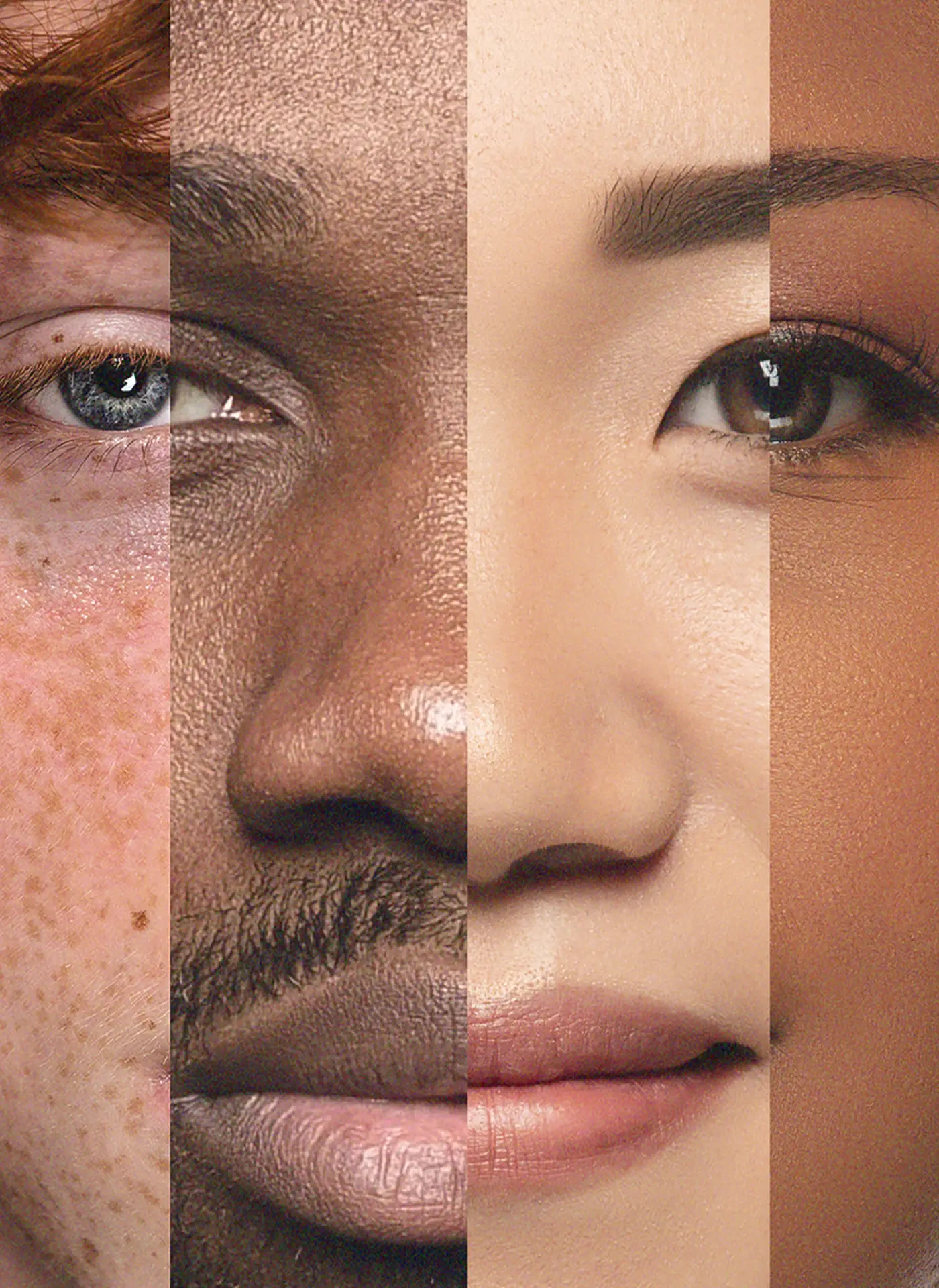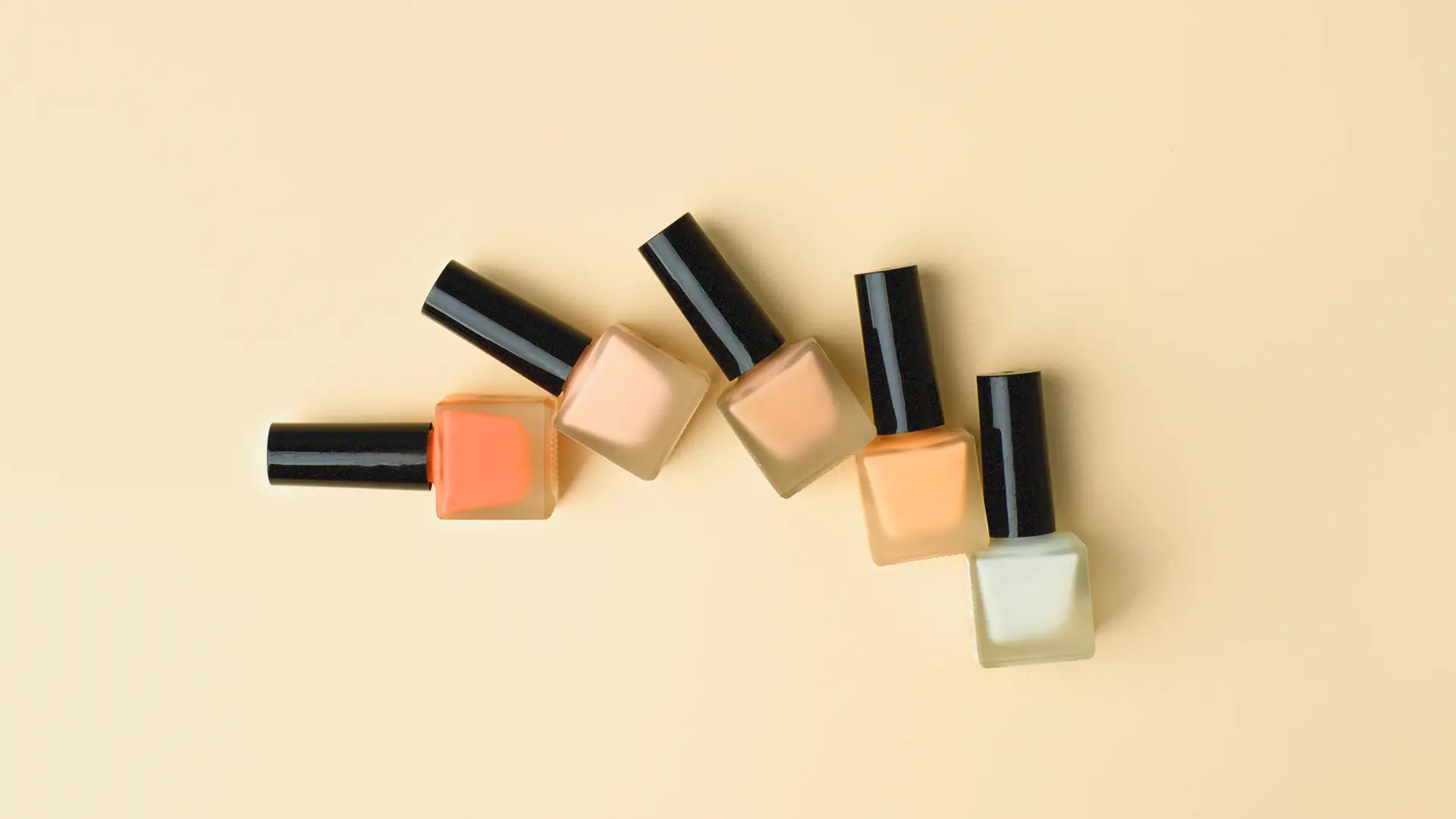

Key Takeaways
- The growing influence of Generation Alpha in the beauty industry presents an opportunity for brands to pass down generational beauty traditions and secure long-term loyalty.
- Key initiatives like family-focused campaigns, utilizing medical professionals, and harnessing multigenerational influencers can appeal to multiple generations.
- Brands can build loyalty through transparency and tradition by emphasizing clean and safe ingredients, providing clear age guidelines, highlighting sustainable practices, and leveraging peer recommendations.
- The future of generational beauty hinges on brands' ability to evolve with shifting demographics while preserving traditions passed down through generations.
Listen: Empower generational beauty to craft valuable brand loyalty.
Gen Alpha is obsessed with skincare, so much so they've been dubbed “Sephora Kids.” Instead of flocking to candy stores, preteens are now swarming Sephora locations across the country, combing through makeup and skincare displays in search of the latest must-have products. Yet, while this generation embraces cutting-edge beauty trends, their earliest exposure to beauty rituals still begins at home, rooted in traditions passed down from previous generations.
Beauty as a family tradition
Generational beauty isn't just about evolving trends; it's a family affair. Years ago, grandmothers swore by cold creams and hair rollers. Today, those practices have morphed into routines centered on sunscreen and serums. Still, the essence remains the same—rituals and products passed down have become synonymous with memories and brand loyalty.
Aerin Lauder, granddaughter of Estée Lauder, embodies the essence of generational wisdom by reflecting on the timeless wisdom her grandmother shared: “My grandmother always said, ‘You only have one face; take care of it.'” The advice and products young people receive, leave a lasting impression, shaping their beauty routines and creating lifelong connections to both self-care practices and the brands they trust.
Iconic campaigns that shaped generational beauty
Brands that have achieved lasting success understand how to preserve beauty traditions by sparking meaningful conversations that resonate across generations, all while increasing brand recognition. Dove's ‘Real Beauty' and Always' ‘Like a Girl' are two prime examples of campaigns that have challenged and redefined societal norms by fostering dialogue across generations, from Baby Boomers to Gen Alpha. By embracing diversity in body types, ages, and ethnicities, Dove's campaign ignited a global discourse on self-image, inspiring and empowering women of all backgrounds.
Similarly, Procter & Gamble's ‘Like a Girl' campaign transformed a once derogatory phrase into a message of empowerment, directly addressing self-esteem issues among young girls. It provided caregivers with a valuable platform for eliciting conversations about beauty and confidence. No longer was ‘doing something like a girl' viewed as an insult; instead, it became a symbol of strength, resilience, and capability. The campaign's impact was profound—according to research conducted by Always, 76% of those who viewed the campaign video felt it had changed their perception of the phrase ‘Like a Girl,' turning it from a negative into a positive. This shift exemplifies how strategic, value-driven marketing can redefine cultural norms and create lasting social change.
The growing influence of Gen Alpha in the beauty industry
Campaigns such as these have successfully highlighted how beauty is perceived across age groups, fostering connections that deepen brand loyalty. Regardless of the approach, there remains a tremendous opportunity for both new-to-market and legacy brands to encourage the passing down beauty traditions. Strategic marketing plays a pivotal role in driving longevity in today's beauty market, especially as younger consumers like Gen Z and Gen Alpha continue to reshape beauty standards. Take the aforementioned ‘Sephora Kids.' They are becoming a critical customer base, and the numbers support this shift: by 2025, 22% of the population will be 18 years or younger, and of this group, 69% already use color cosmetics, while 68% maintain a skincare routine, according to data from the U.S. Census Bureau and Statista. This presents a growing opportunity for brands to pass down generational beauty traditions while securing long-term loyalty.
Key brand strategies to foster generational loyalty
The following key initiatives can help guide both emerging and legacy brands in appealing to multiple generations.
Create family-focused campaigns
Promote beauty as a shared, multigenerational experience. Statista reported child skincare is projected to grow nearly 8% annually through 2028. Launching ‘parent-child routine' campaigns with tailored products for both children and adults offers brands a prime opportunity. By tapping into the emotional connection families share through beauty rituals and offering ‘starter kits' for younger generations, brands can foster traditions while strengthening lifelong loyalty.

Pharma telehealth opens doors to more direct communication.
Insights & Trends • Marketing & Creative
Use medical professionals to educate parents
Develop campaigns that educate parents on how and when to introduce skincare to their children. Providing expert advice from medical professionals and educational content on safe skincare practices for kids builds trust and establishes the brand as a reliable source of information.
Harness multigenerational influencers
Leverage influencers who resonate with both parents and children. By partnering with parent influencers, brands can demonstrate how beauty routines become a shared family experience, creating authentic and engaging content that appeals across generations. This approach drives relatability while reinforcing the brand's relevance to diverse age groups.
Sustainable, family-friendly packaging
Design eco-friendly packaging that resonates with both tweens and their parents. By balancing playful designs for younger audiences with a sophisticated touch for parents, brands boost shelf appeal and strengthen their commitment to sustainability in a way that connects with eco-conscious families.
Marketing initiatives to build loyalty through transparency and tradition
These approaches help preserve passing down beauty traditions that originate within the home, strengthening familial bonds while positioning the brand prominently for parents, who remain the primary decision-makers, at least in the short term. This creates a valuable opportunity for brands to cultivate loyalty with Gen Alpha from an early stage. To further leverage this potential, brands can adopt additional measures focused on fostering trust and transparency.
Emphasize clean and safe ingredients
Parents are increasingly concerned about what goes into the products their children use. Brands like The Honest Company have thrived by being transparent about their ingredient lists and focusing on clean, non-toxic formulas.
Provide clear age guidelines
Consider adding an FAQ section to brand websites, outlining age-appropriate product recommendations and ensuring ingredient safety. This will help parents make informed decisions and reinforce the brand's commitment to consumer health.
Highlight sustainable practices
Sustainable sourcing can be a key differentiator for brands aiming to attract both environmentally conscious parents and young consumers, like Gen Alpha. Tata Harper, for example, is renowned for its 100% natural products and commitment to sustainable sourcing through organic farming. Similarly, Aveda has been a pioneer in the industry, focusing on sustainability by integrating renewable energy into its production processes and prioritizing ethically sourced ingredients. These brands demonstrate how a focus on responsible sourcing can foster deeper connections with eco-conscious consumers across generations.
Leverage peer recommendations
Encourage word-of-mouth marketing through social platforms. This can include DIY tutorials, how-tos, and product recommendations shared by influencers and consumers. Peer endorsements are highly influential for younger generations, especially when shared via social media.
The future of generational beauty
Looking ahead, the beauty industry's future hinges on its capacity to evolve with shifting demographics while safeguarding the rich traditions passed down through generations. Brands that effectively engage with generational beauty practices connect with a broad audience—from Baby Boomers to Gen Alpha—while fostering a multigenerational customer base, thereby securing enduring loyalty across diverse demographics.
Gen Alpha's influence on the beauty space is undeniable, and its early exposure to beauty rituals presents an incredible opportunity for brands to create lifelong connections. By seamlessly blending innovation with tradition, brands can ensure that beauty remains a shared experience, passed down through generations, while solidifying their legacy and securing a prominent place among Gen Alpha and beyond.
Related

Great brand collaborations are the best to strengthen identity.
Design & Experience, Insights & Trends, Marketing & Creative, Beauty and Fashion

Consumer demand and policy are driving EV market growth.
Development & Technology, Insights & Trends, Automotive

Are you missing opportunities to improve health screenings?
Design & Experience, Marketing & Creative, Health





